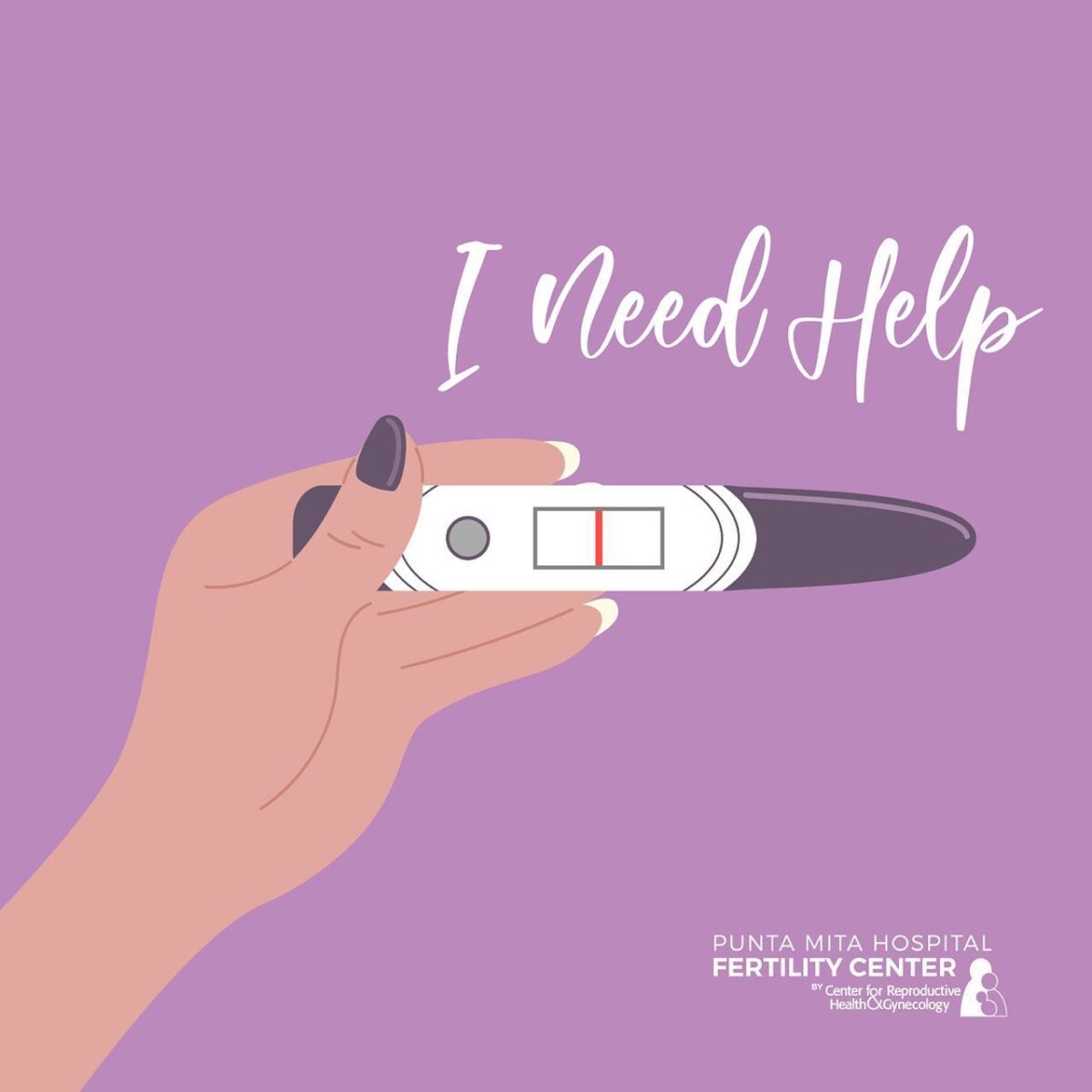When you embark on the journey of starting a family, one of the most significant questions that may arise is, “Is the issue with me or my partner?” Fertility is a complex aspect of human biology, influenced by numerous factors, and when difficulties arise, it can be challenging to pinpoint the exact cause. That’s where fertility investigation comes into play. In this comprehensive guide, we will delve into the intricate world of fertility assessment, helping you understand the process, its significance, and how it can pave the way for your dream of parenthood.
Understanding the Complexity of Fertility
Before we dive into fertility investigations, it’s crucial to grasp the complexity of fertility itself. The ability to conceive naturally is a result of many factors working harmoniously. Both partners play integral roles in this delicate process. It’s not a matter of assigning blame, but rather, a journey of discovery and support.
The Role of Timing in Conception
One of the first aspects to consider in fertility investigation is timing. Understanding the fertile window, which is the period when conception is most likely, can be pivotal. Factors such as the regularity of menstrual cycles and the duration of the menstrual phase are essential. Additionally, tracking ovulation can provide valuable insights into your fertility health.
Testing for Female Infertility
Female fertility assessments often begin with a series of tests. These may include hormonal evaluations, such as measuring follicle-stimulating hormone (FSH) and luteinizing hormone (LH) levels. These hormones play a significant role in the menstrual cycle and ovulation. Abnormal levels may indicate underlying issues.
Another essential test is the assessment of ovarian reserve. This test evaluates the quantity and quality of a woman’s eggs. A low ovarian reserve could be indicative of diminished fertility potential. Imaging studies, like ultrasounds, can also help identify structural abnormalities in the reproductive organs.
Male Fertility Assessment
It’s essential to remember that fertility investigations aren’t exclusive to women. Male fertility is equally vital in the conception process. Semen analysis is a common starting point for assessing male fertility. This test evaluates factors such as sperm count, motility, and morphology. Any abnormalities in these parameters can impact fertility.
Exploring Both Partners
Sometimes, fertility issues may stem from a combination of factors involving both partners. This emphasizes the importance of approaching fertility investigations as a collaborative effort. Couples should undergo assessments simultaneously to gain a comprehensive understanding of their fertility health. Genetic assessment might be necessary to comprehend mutations that you and your partner carry and might affect the development of a healthy baby.
Uncovering Underlying Conditions
Fertility investigations also aim to uncover underlying medical conditions that may hinder conception. Conditions like polycystic ovary syndrome (PCOS), endometriosis, or thyroid disorders can disrupt the delicate balance necessary for conception. Identifying and addressing these conditions is a crucial step in the fertility investigation process.
Psychological Support During Fertility Investigation
The journey of fertility investigation can be emotionally taxing. It’s normal to experience a wide range of emotions during this process, from anxiety and frustration to hope and disappointment. Seeking psychological support, such as counseling or therapy, can provide coping strategies and emotional well-being throughout the investigation.
Exploring Assisted Reproductive Techniques
In some cases, fertility investigations may reveal challenges that cannot be overcome through natural conception alone. This is where assisted reproductive techniques (ART) come into play. Procedures like in vitro fertilization (IVF) or intrauterine insemination (IUI) can be discussed as potential solutions to overcome fertility hurdles.
Planning Your Path to Parenthood
Ultimately, the goal of fertility investigation is to provide answers and options. Armed with the knowledge gained through these assessments, you and your partner can make informed decisions about your path to parenthood. Whether it involves natural conception, fertility treatments, or adoption, knowing your options empowers you to take the next steps with confidence.
In Conclusion
Fertility investigation is a vital step for couples facing challenges in conceiving. It’s a process that involves patience, support, and collaboration between partners. Remember that you’re not alone on this journey, and there are healthcare professionals and support networks ready to assist you. As you explore the “Partner or Me” scenarios, you’ll gain valuable insights into your fertility health, paving the way for a hopeful and fulfilling path to parenthood.

